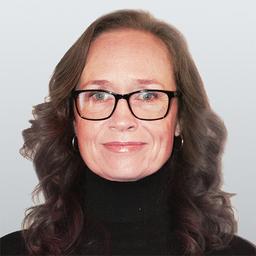Two professors and a student are suing the University of Lethbridge (UofL) for violating their right to freedom of expression and assembly by cancelling a talk by one of the professors on the topic of the perceived threat of “wokeism” to academic freedom.
The lawsuit, filed on July 26, was launched by the Justice Centre for Constitutional Freedoms (JCCF) on behalf of former Mount Royal University associate professor Frances Widdowson, UofL professor Paul Viminitz, and UofL student Jonah Pickle.





